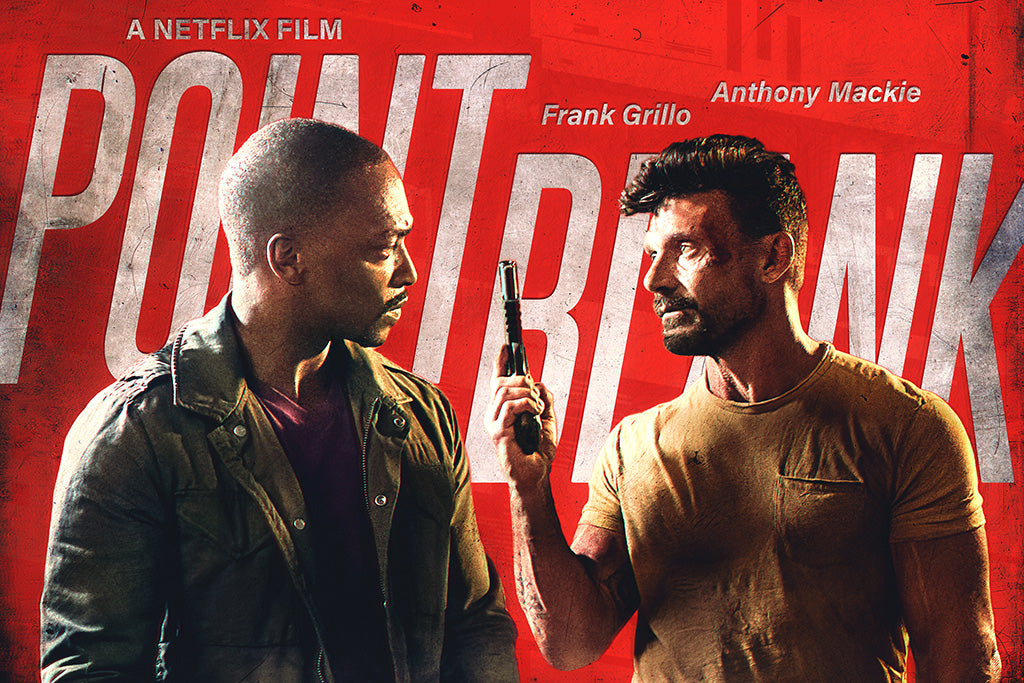
Widescreen compositions continually make you want to stop the film to take in particular images, or re-run particularly impressive scenes: Walker fighting two hoods in a nightclub, against a swirling psychedelic backdrop, to the strains of the house R&B band Chris futilely pounding Walker with On a purely visual level, it is an absolute treasure Philip Lathrop's As a thriller, it is fast, suspenseful, and peppered with the kind of brilliantly stylized violence now associated with Quentin Tarantino. His quest by her sister, Chris (Angie Dickinson), and by a shadowy figure (Keenan Wynn) who steers Walker toward each fresh target with unerring accuracy.Ī deceptively simple action film, POINT BLANK actually succeeds on many levels. After he tracks down his wife, she commmits suicide he is then aided in There, heīegins a search for revenge (and for his share of the loot) that takes him through successively elevated ranks of an organized crime syndicate that is increasingly hard to distinguish from a legitimate business organization.

Walker survives, escapes, and moves to L.A. The result is aīreathtakingly composed genre classic, and a surprisingly complex allegory of modern urban life.Īfter pulling off a successful heist from the mob, Walker (Lee Marvin) is double-crossed by his wife (Sharon Acker) and his partner-in-crime (John Vernon), who shoots him and leaves him for dead in a cell of the now-deserted Alcatraz prison. John Boorman's second film (after HAVING A WILD WEEKEND) and his first US production, POINT BLANK layers some of the stylistic traits of the French New Wave onto a quintessentially American thriller. The ultimate arty 60s thriller, and we mean that as a compliment.


 0 kommentar(er)
0 kommentar(er)
